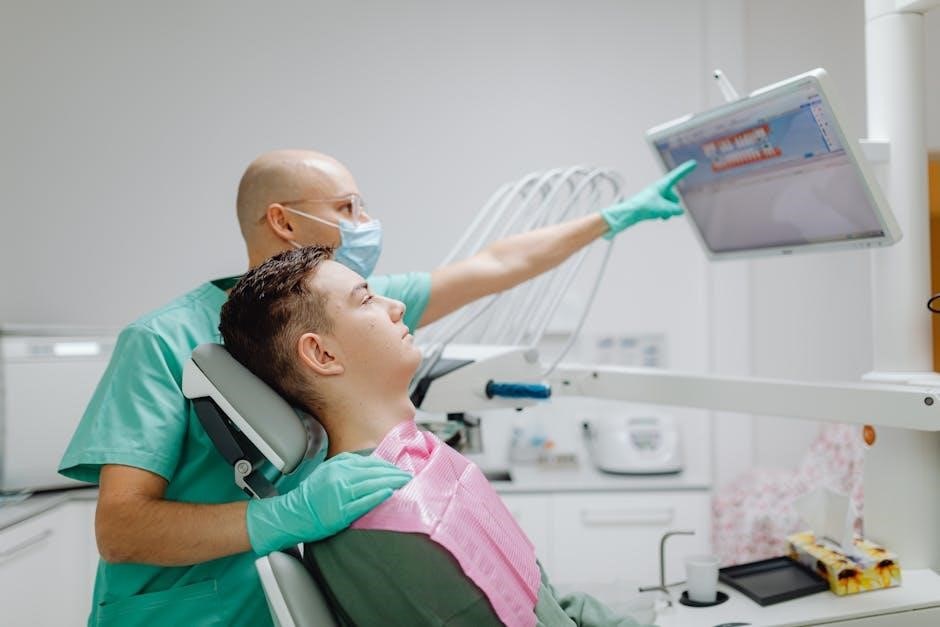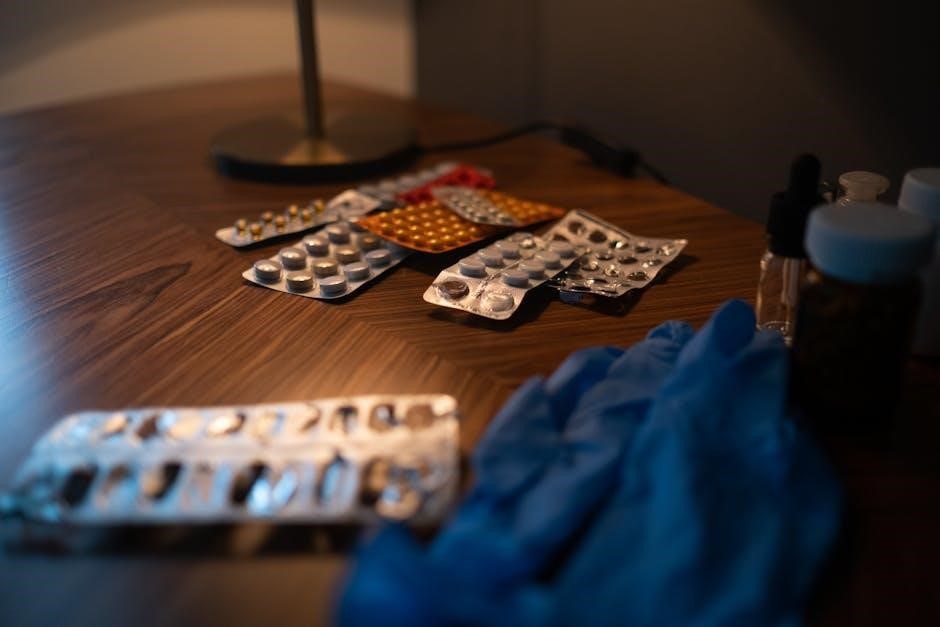Treatment Plan for Infidelity

Recovering from infidelity is a complex and emotionally challenging process, but with a structured treatment plan, couples can work toward healing and rebuilding their relationship. A treatment plan for infidelity typically involves a combination of therapy, communication strategies, and actionable steps to address the underlying issues that led to the affair. Below is a detailed outline of a treatment plan tailored to address infidelity, focusing on rebuilding trust, understanding the root causes, and fostering emotional and psychological healing.
Seek Professional Guidance
One of the most critical steps in any treatment plan for infidelity is seeking professional help from a licensed therapist or counselor specializing in relationships and infidelity. A trained therapist can provide a non-judgmental space for both partners to express their feelings, concerns, and needs. They can also guide the couple through the recovery process, helping them navigate the complex emotions and challenges that arise after an affair.
- A therapist can help identify the underlying emotional and psychological factors that contributed to the infidelity.
- They can facilitate open and honest communication between partners, ensuring that both voices are heard and respected.
- Therapists can provide tools and strategies for rebuilding trust and strengthening the relationship.
Understand the Root Causes
Before any progress can be made, it’s essential to understand why the infidelity occurred. This involves exploring the emotional, psychological, and relational factors that led to the affair. The unfaithful partner must take responsibility for their actions, but both partners should work together to identify any underlying issues in the relationship that may have contributed to the infidelity.

- Identify triggers or patterns that may have led to the affair, such as unmet emotional needs, lack of intimacy, or unresolved conflicts.
- Examine the state of the relationship prior to the infidelity, including communication styles and emotional connection.
- Address any personal issues, such as low self-esteem or a fear of intimacy, that may have played a role in the decision to cheat.

Rebuild Trust
Trust is the foundation of any healthy relationship, and infidelity inevitably destroys it. Rebuilding trust is a gradual process that requires commitment, transparency, and consistent effort from both partners. The unfaithful partner must demonstrate through their actions that they are worthy of trust, while the betrayed partner must work on forgiveness and healing.

- Establish clear boundaries and expectations for the future of the relationship.
- Encourage open and honest communication, including regular check-ins and updates.
- Consider implementing measures such as increased transparency (e.g., sharing passwords or locations) to rebuild trust.
Improve Communication

Effective communication is crucial for rebuilding a relationship after infidelity. Both partners must learn to express their feelings, needs, and concerns in a healthy and constructive manner. This involves active listening, empathy, and a willingness to address difficult topics without defensiveness or blame.
- Practice active listening by focusing on the speaker without interrupting or planning a response.
- Use “I” statements to express feelings and avoid blaming or attacking language.
- Address conflicts in a way that seeks understanding and resolution rather than “winning” the argument.
Foster Emotional Healing
The emotional aftermath of infidelity can be devastating, particularly for the betrayed partner. Both partners must prioritize emotional healing, whether through individual therapy, couples therapy, or support groups. Healing involves processing emotions, coming to terms with what happened, and learning to move forward.
- Allow time to grieve the loss of trust and the vision of the relationship that once was.
- Engage in activities that promote emotional well-being, such as mindfulness, journaling, or exercise.
- Seek support from friends, family, or support groups to share experiences and gain perspective.
Establish Boundaries and Accountability
Setting clear boundaries and ensuring accountability are essential steps in the healing process. Boundaries help prevent future infidelity and provide a sense of security for the betrayed partner. Accountability ensures that the unfaithful partner takes responsibility for their actions and is committed to change.
- Define and agree upon boundaries for the relationship moving forward.
- Establish a plan for accountability, such as regular check-ins or therapy sessions.
- Encourage transparency and honesty in all interactions.
Make Amends
Making amends is an important part of the healing process. The unfaithful partner must take concrete steps to repair the damage caused by their actions. This can involve apologies, acts of kindness, or other gestures that demonstrate commitment to the relationship.
- Offer a sincere apology for the pain caused by the infidelity.
- Take initiative in addressing the emotional and relational needs of the betrayed partner.
- Engage in acts of service or kindness to demonstrate commitment and remorse.
Rebuild Intimacy
Rebuilding intimacy is a critical part of the recovery process. This involves fostering emotional closeness, reigniting physical connection, and creating opportunities for shared experiences and bonding. Intimacy is not just physical; it also involves emotional vulnerability and connection.
- Schedule regular date nights or meaningful activities to reconnect.
- Focus on building emotional intimacy through shared conversations and vulnerability.
- Address any issues related to physical intimacy in a sensitive and respectful manner.
Create a New Vision for the Relationship
Infidelity often reveals deeper issues in the relationship that need to be addressed. As part of the treatment plan, couples should work together to create a new vision for their relationship, one that is built on trust, communication, and mutual respect.
- Identify shared goals and values for the future of the relationship.
- Develop a plan for maintaining a healthy and fulfilling relationship moving forward.
- Commit to ongoing growth and development as individuals and as a couple.


